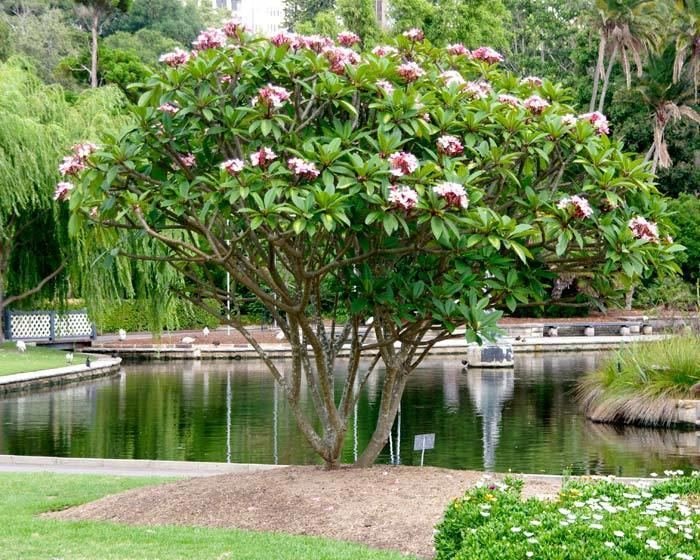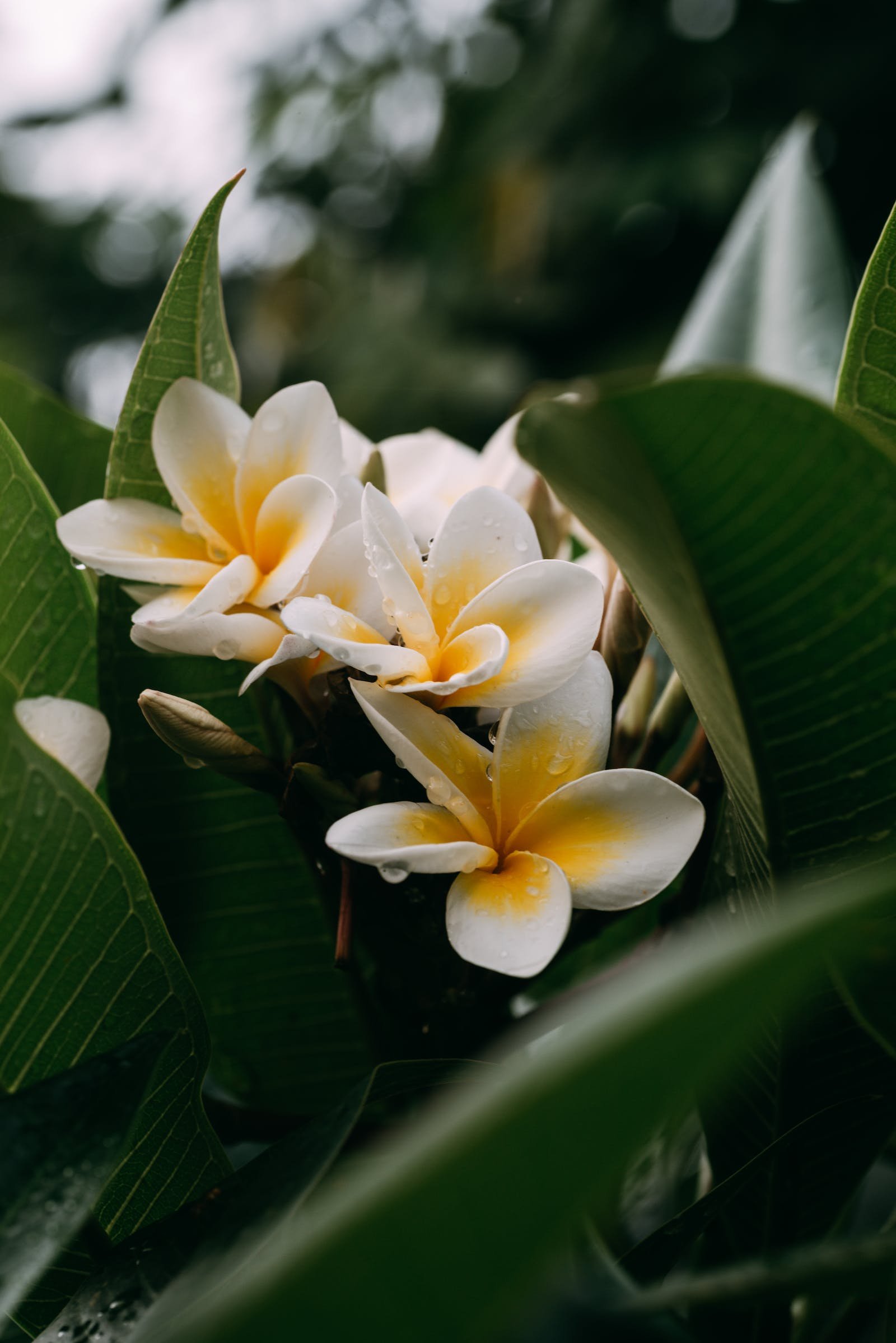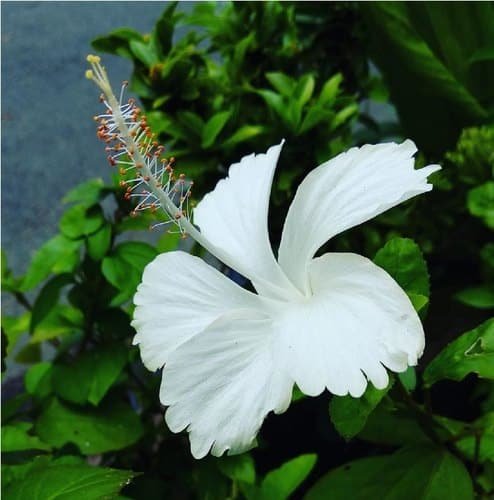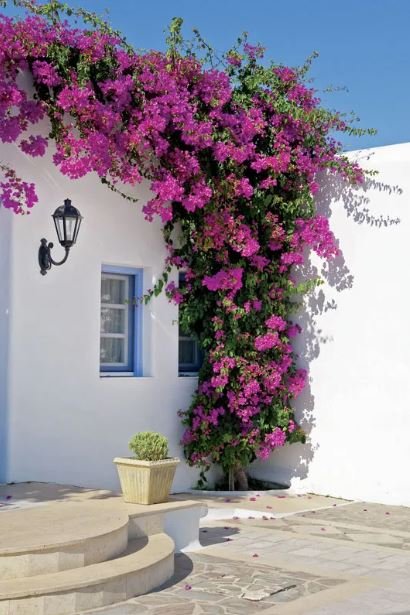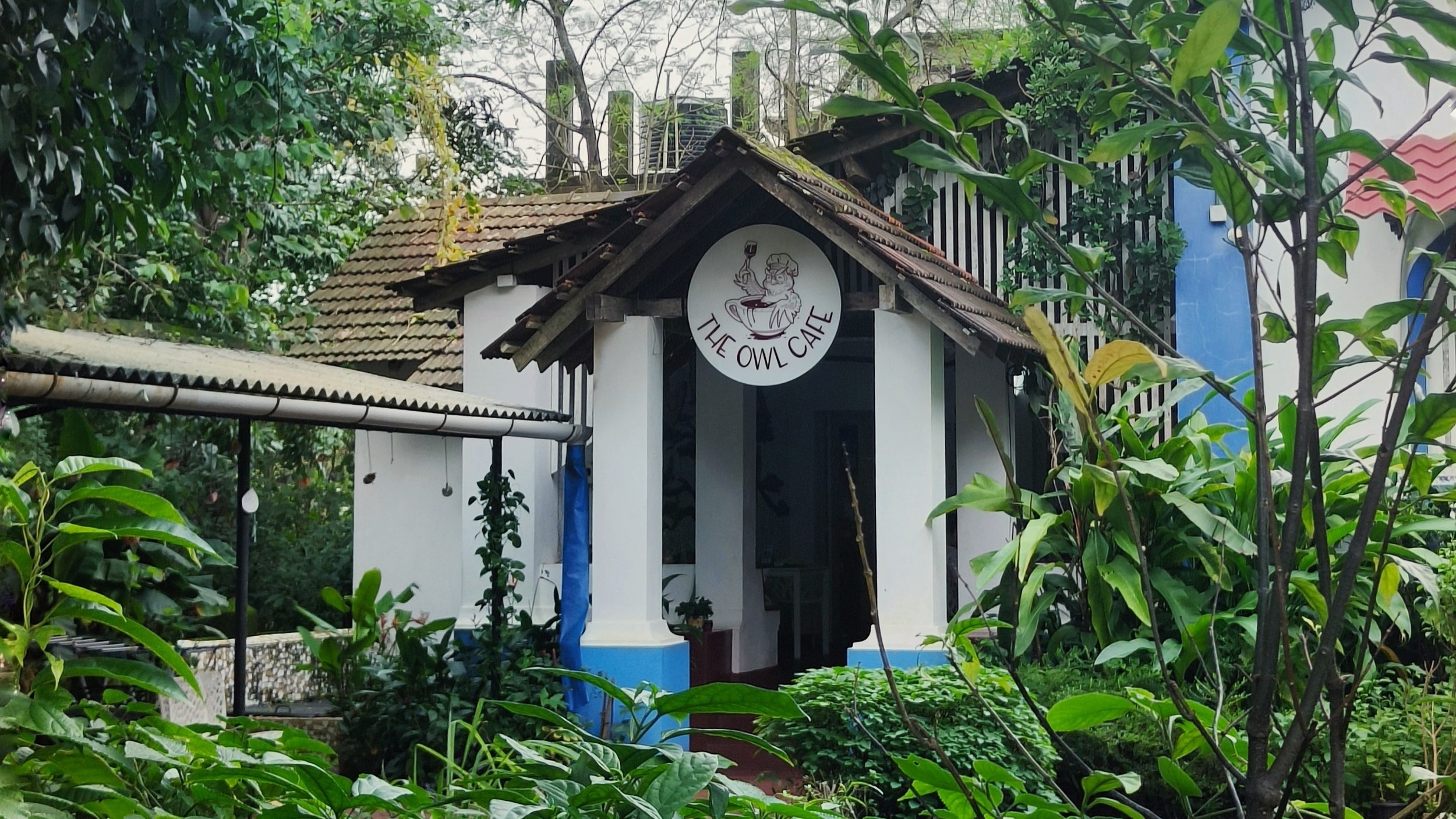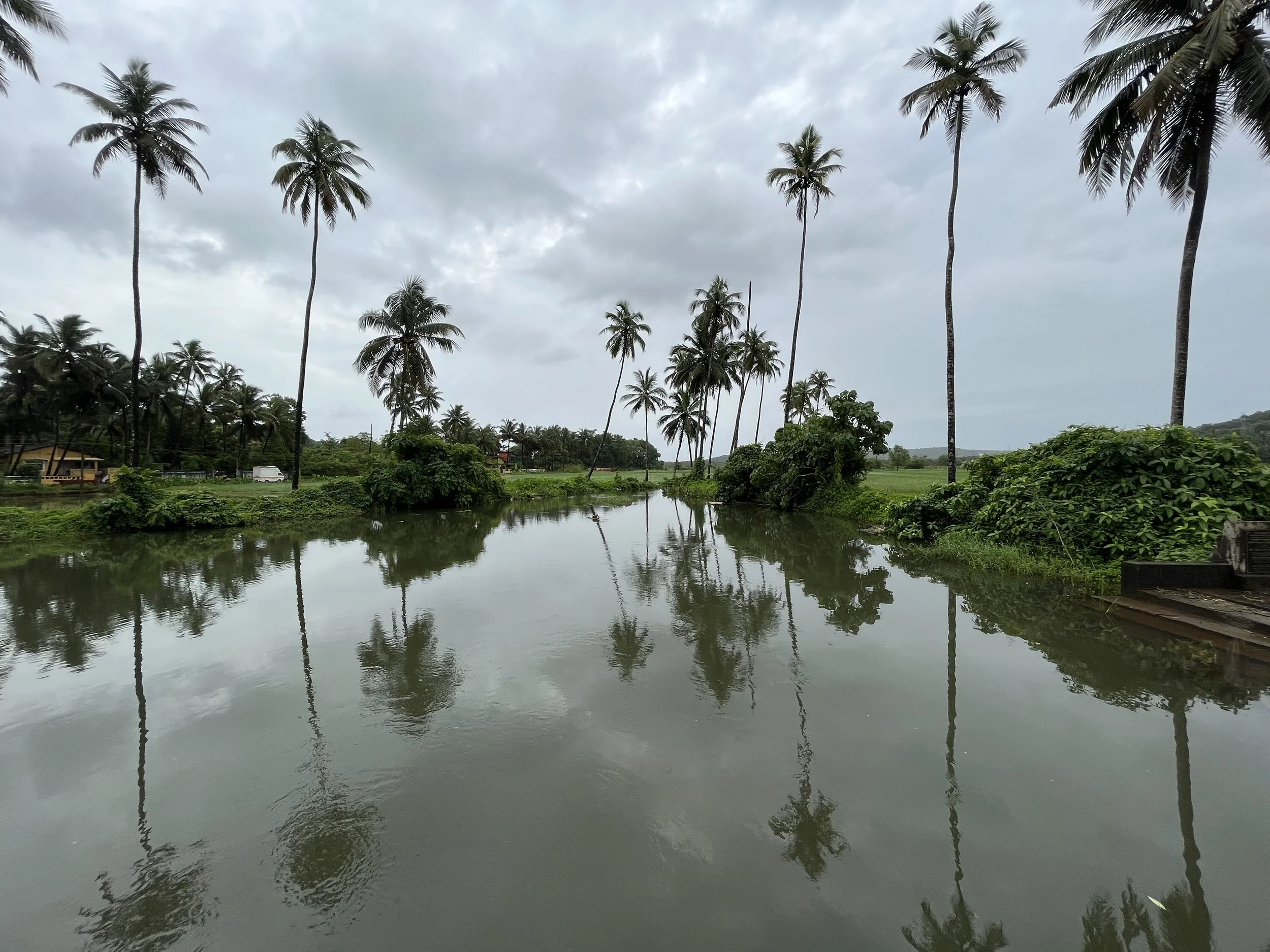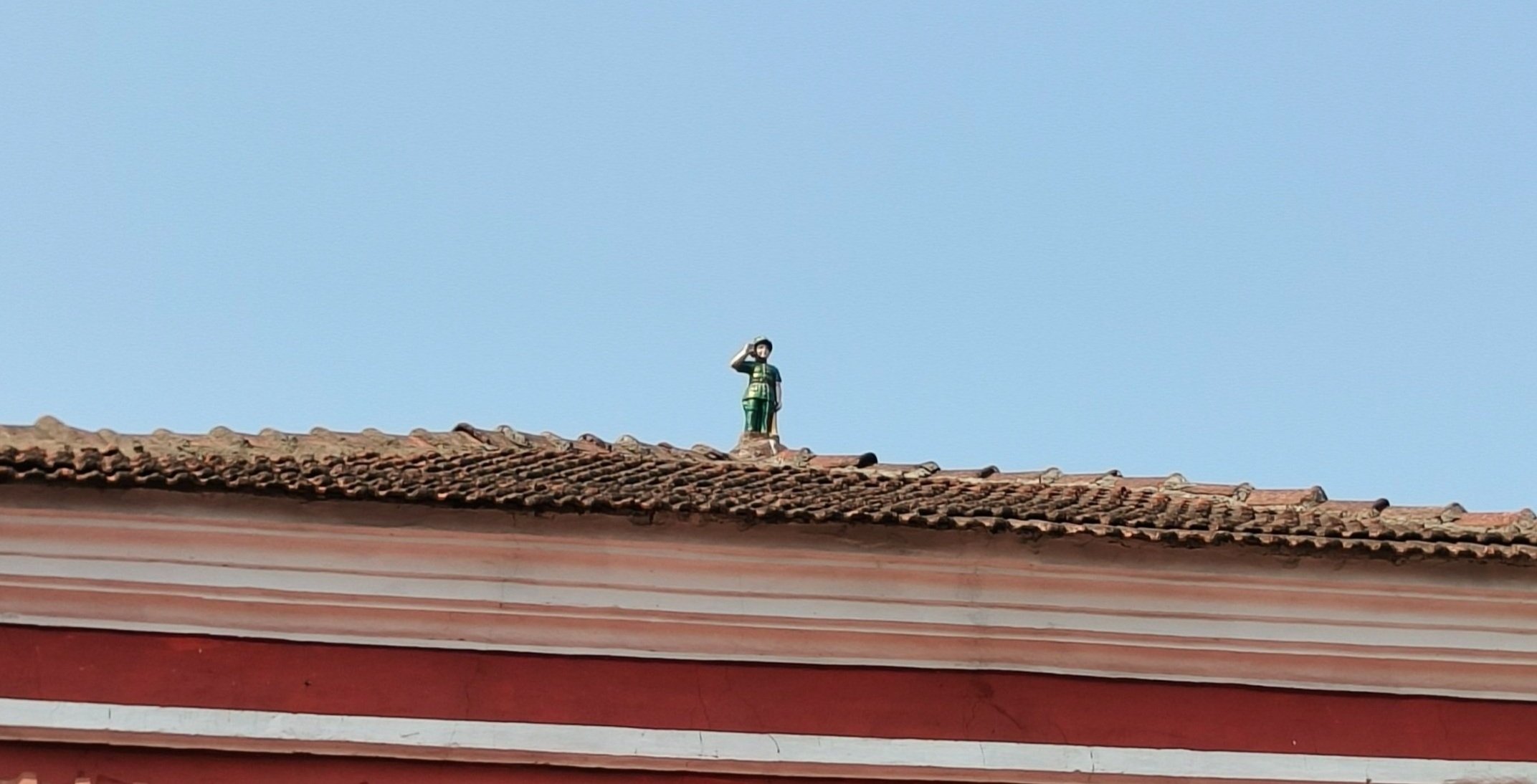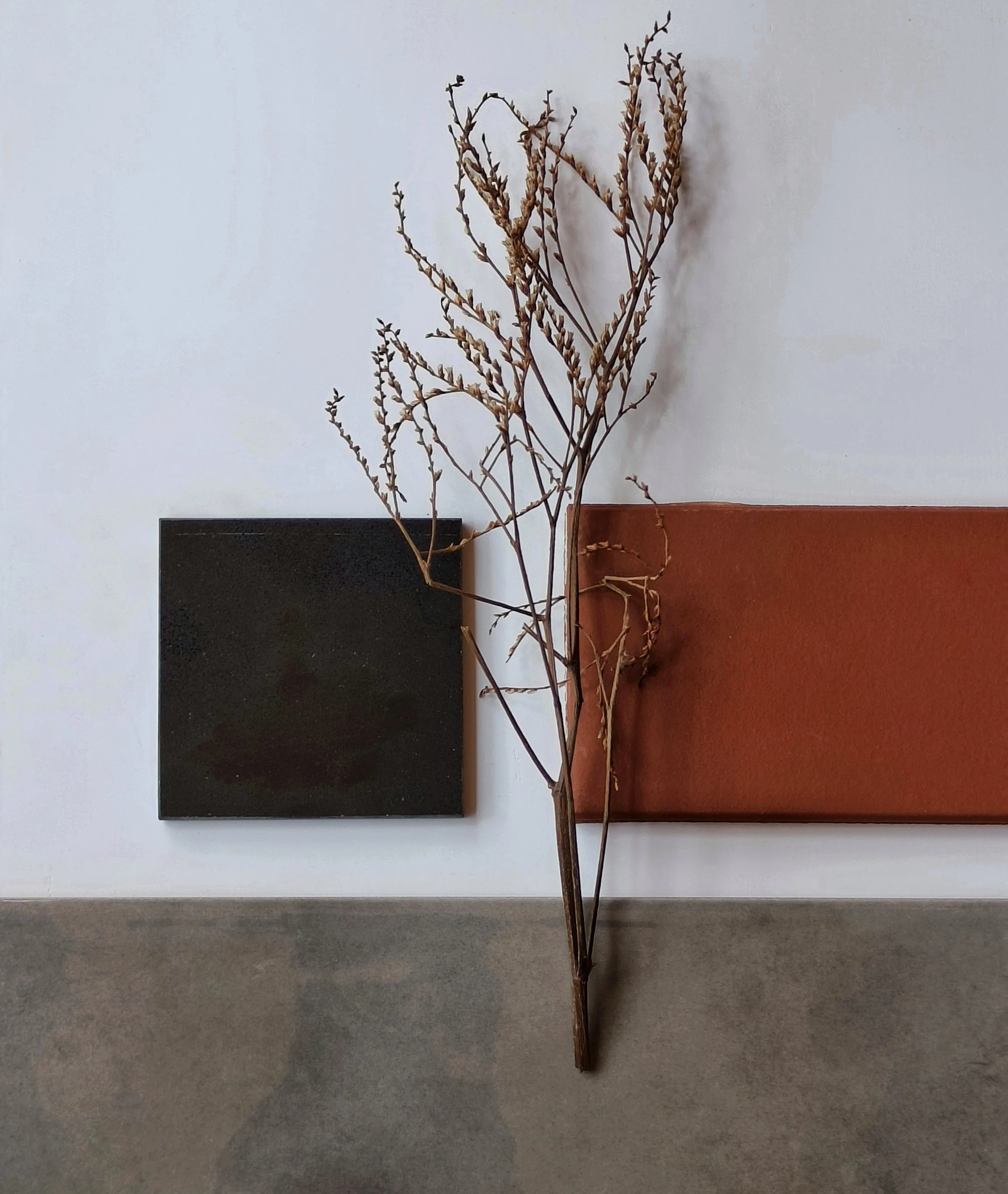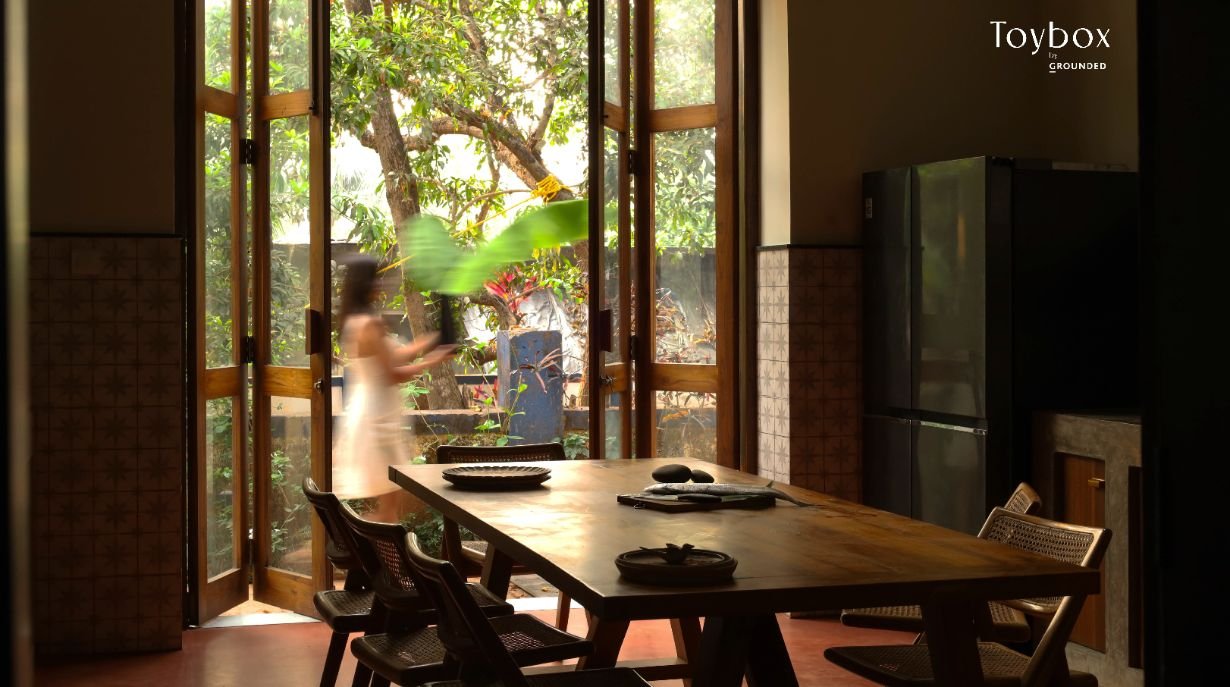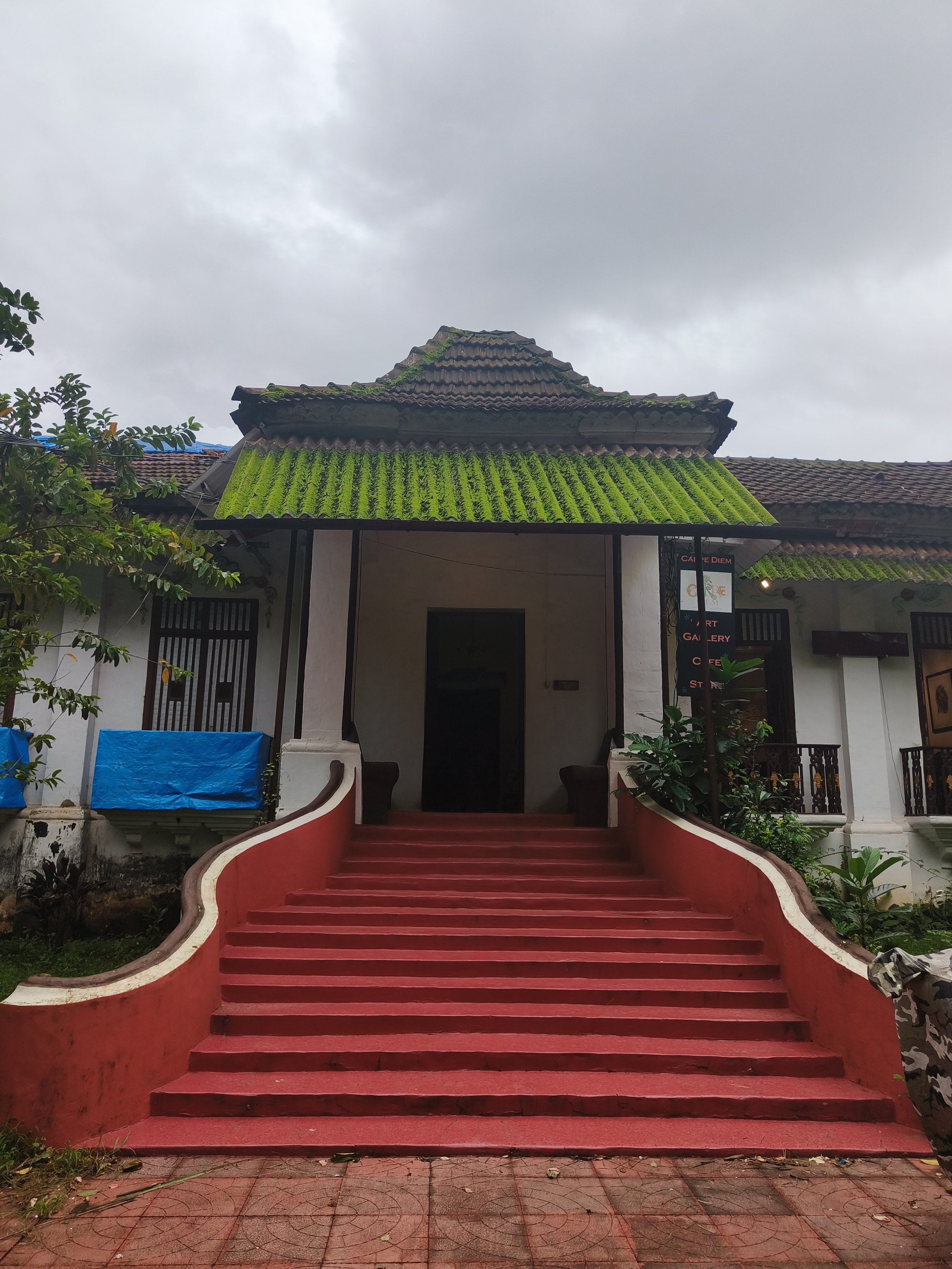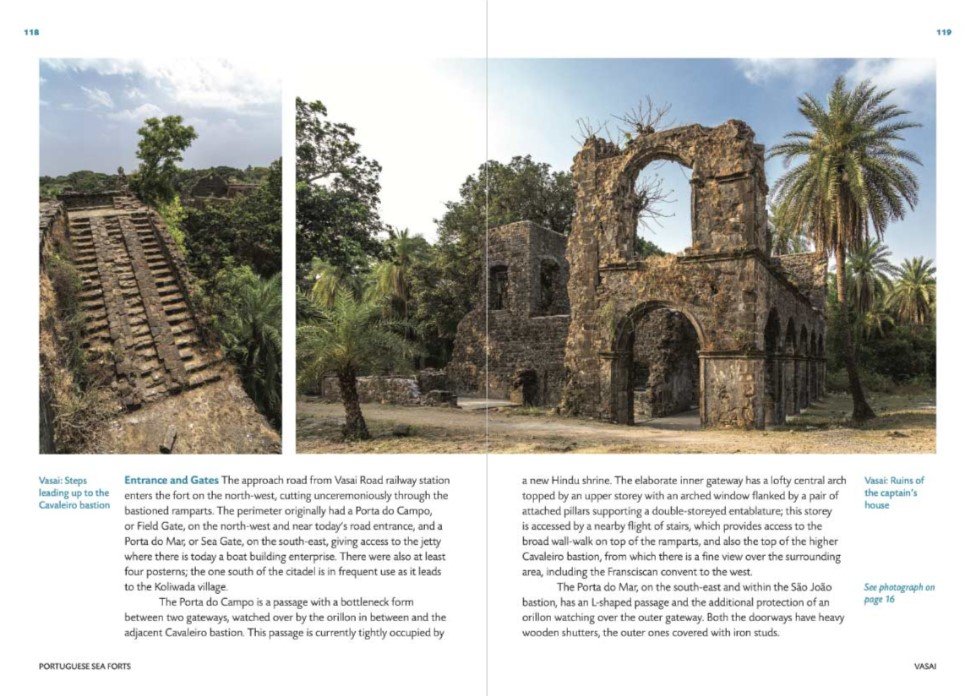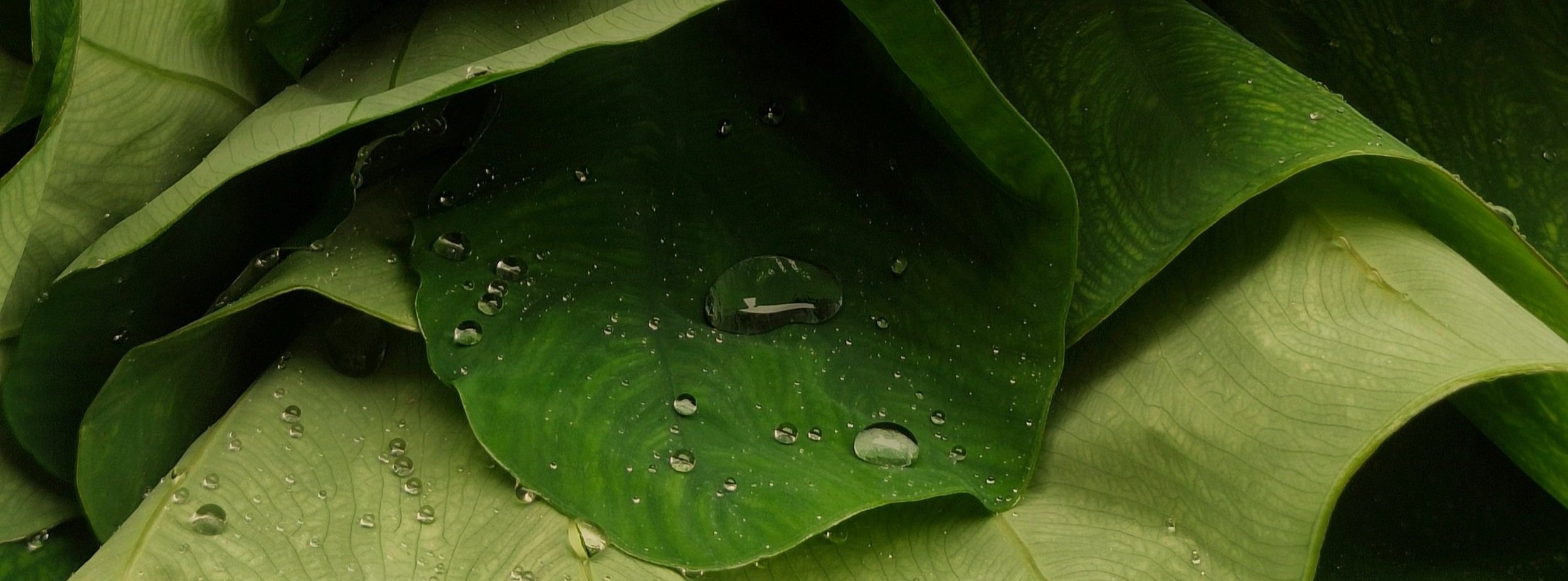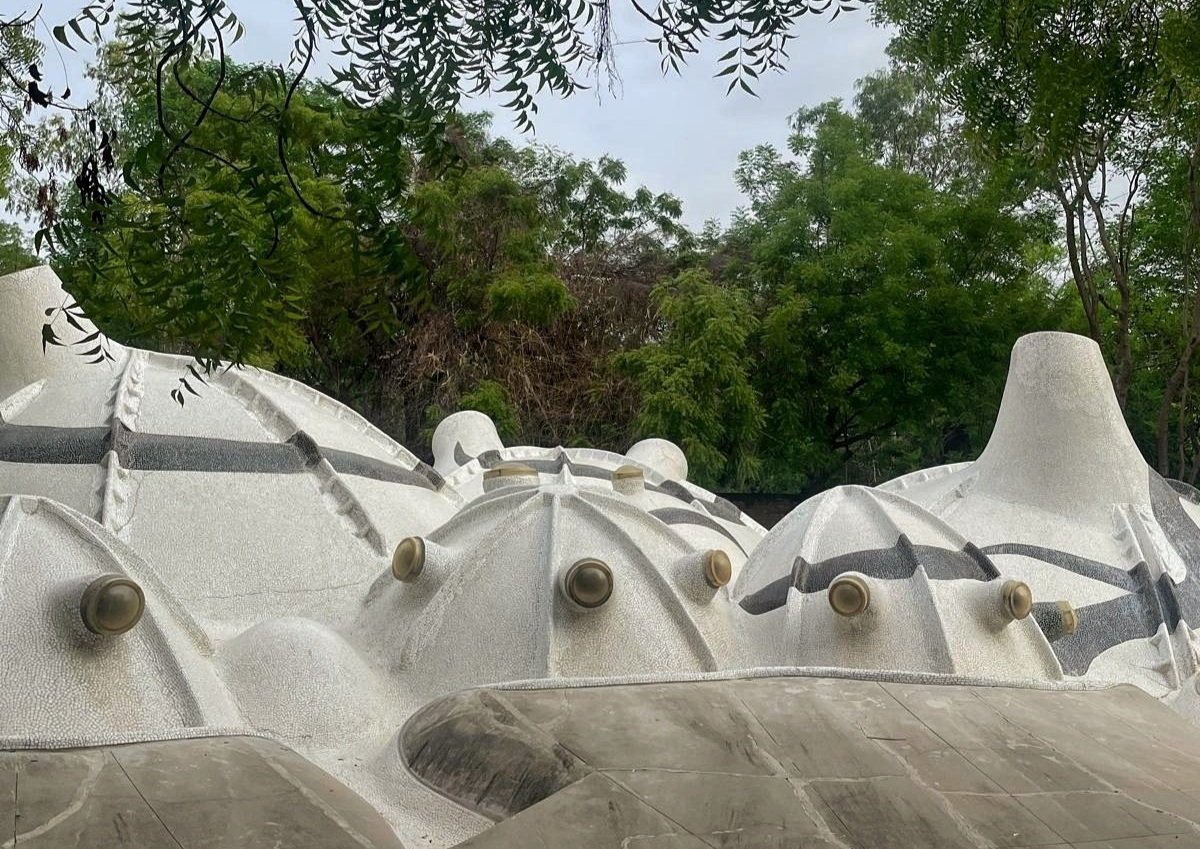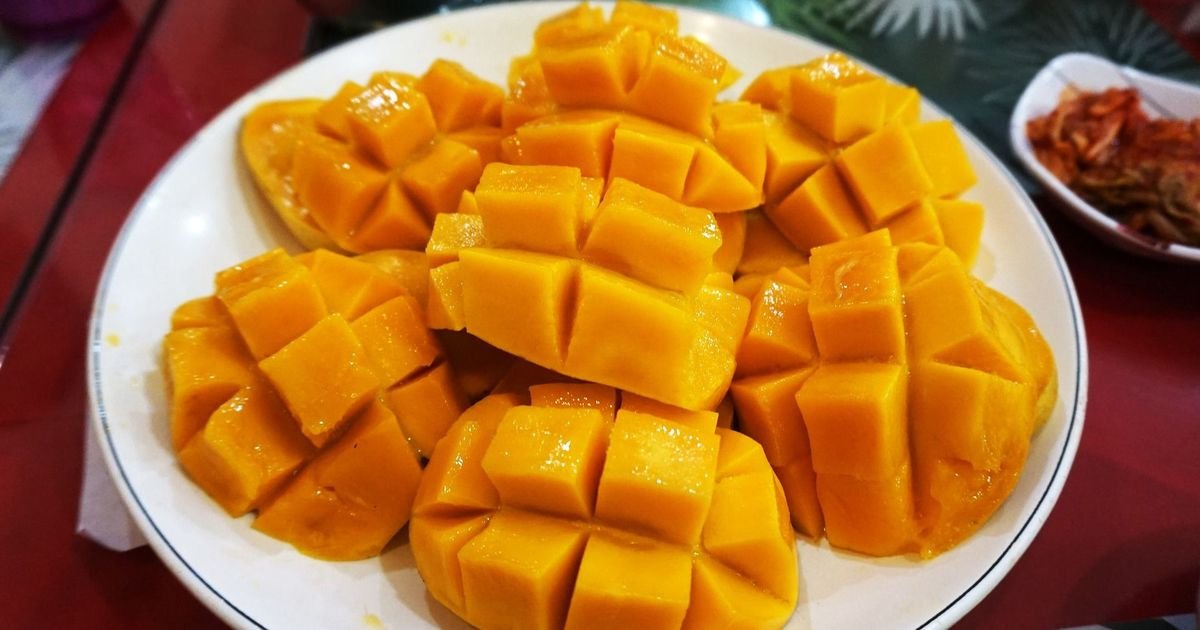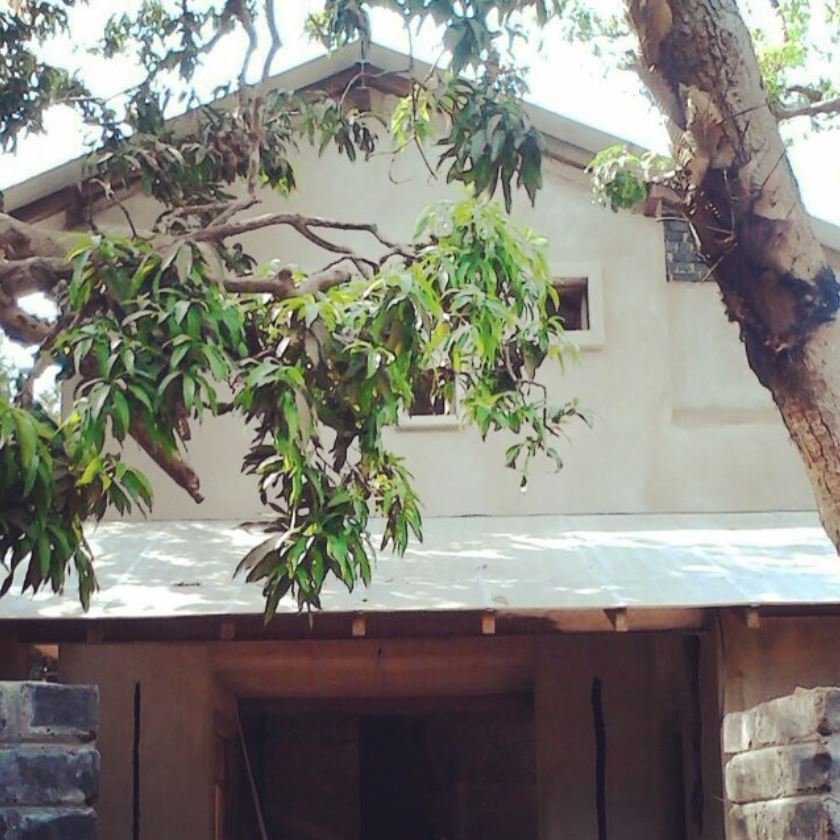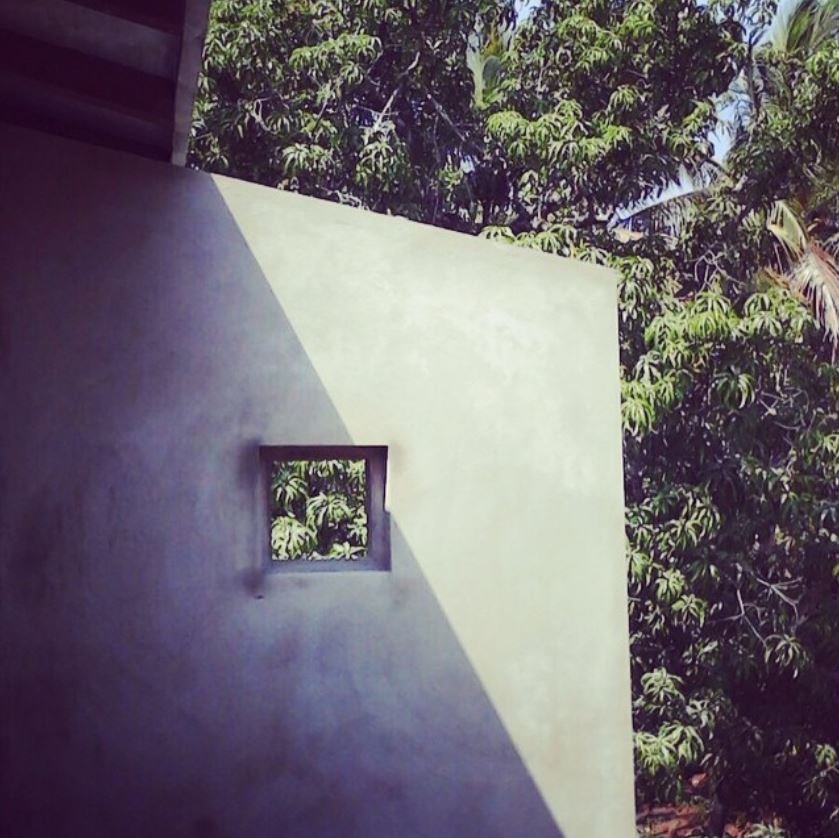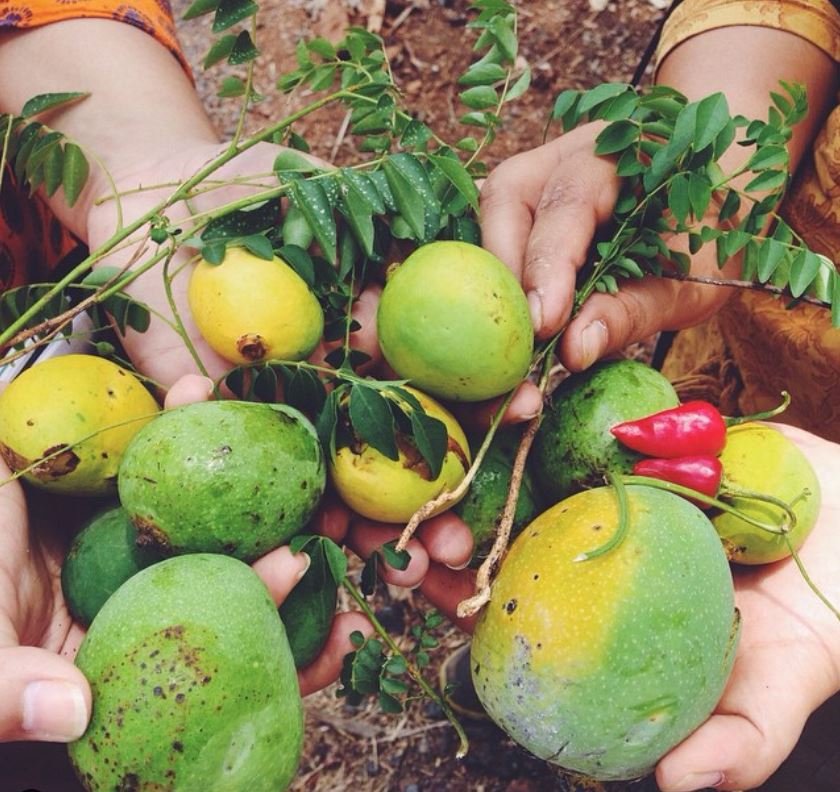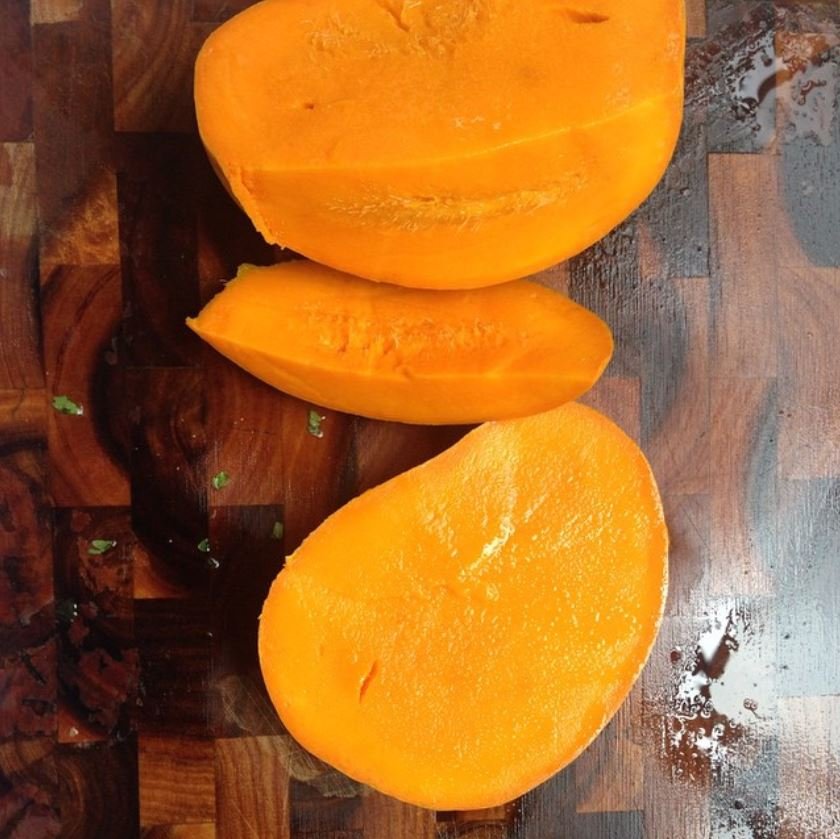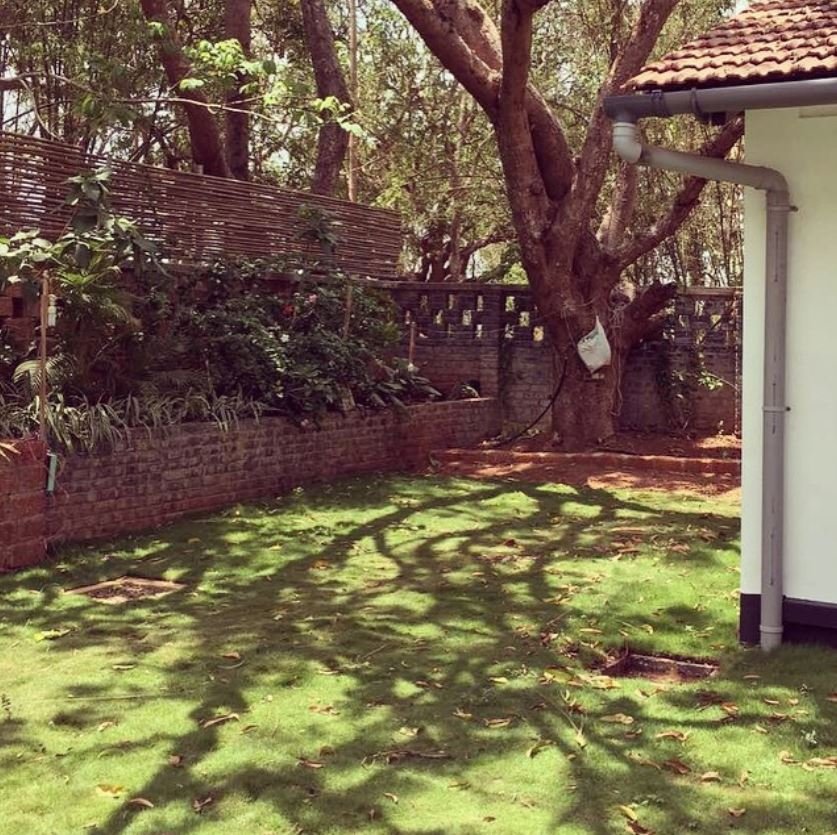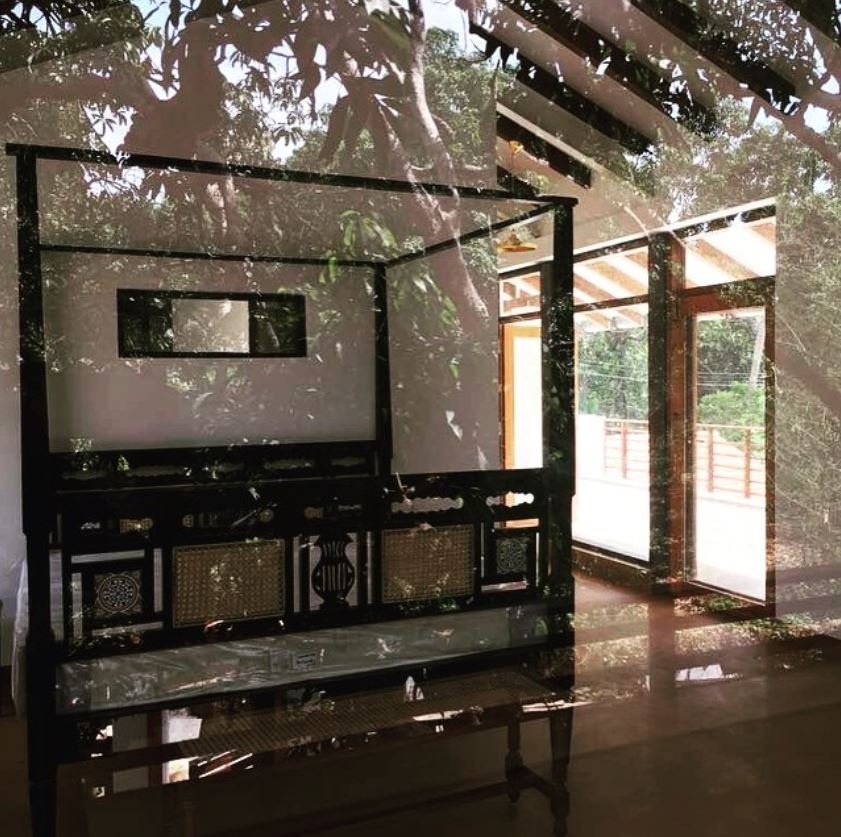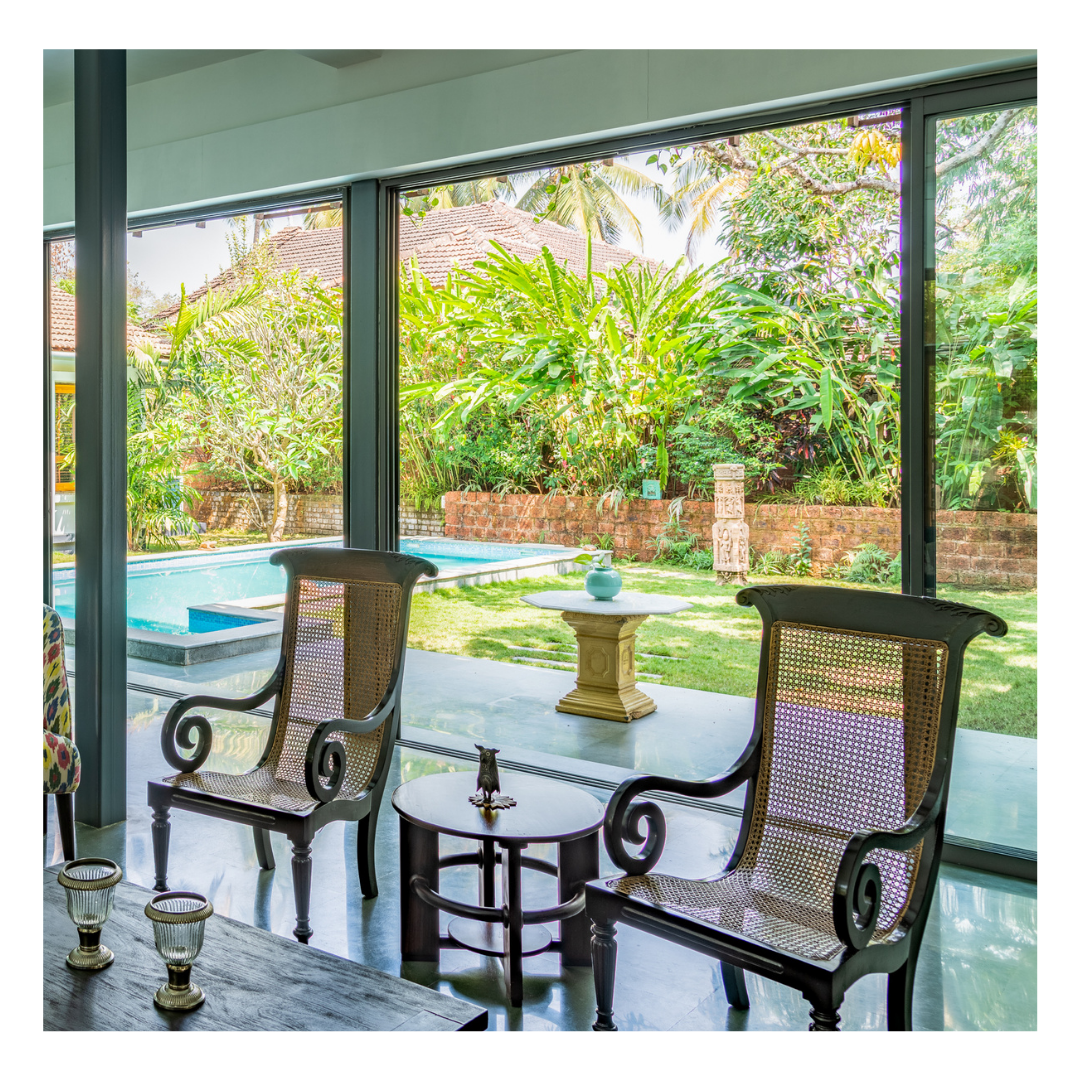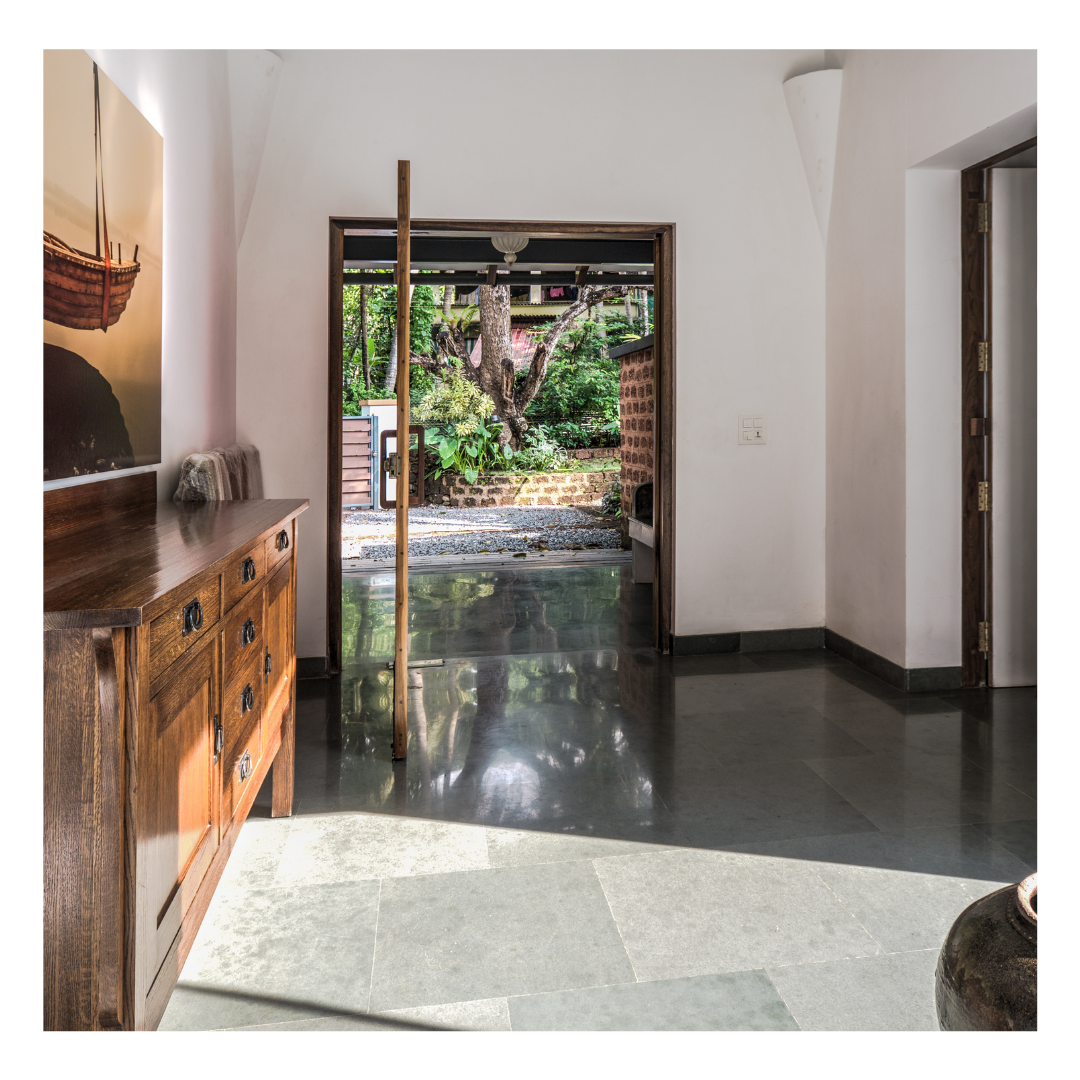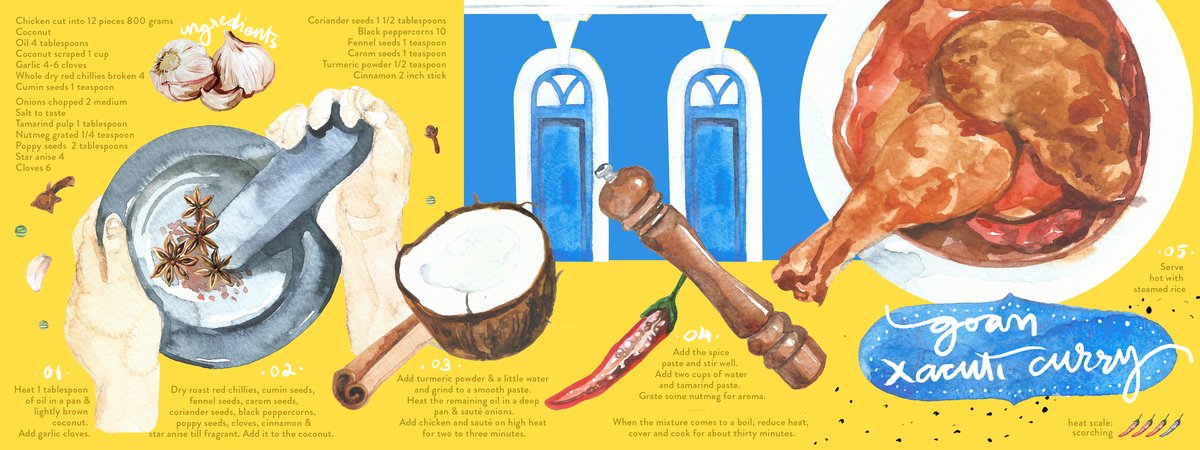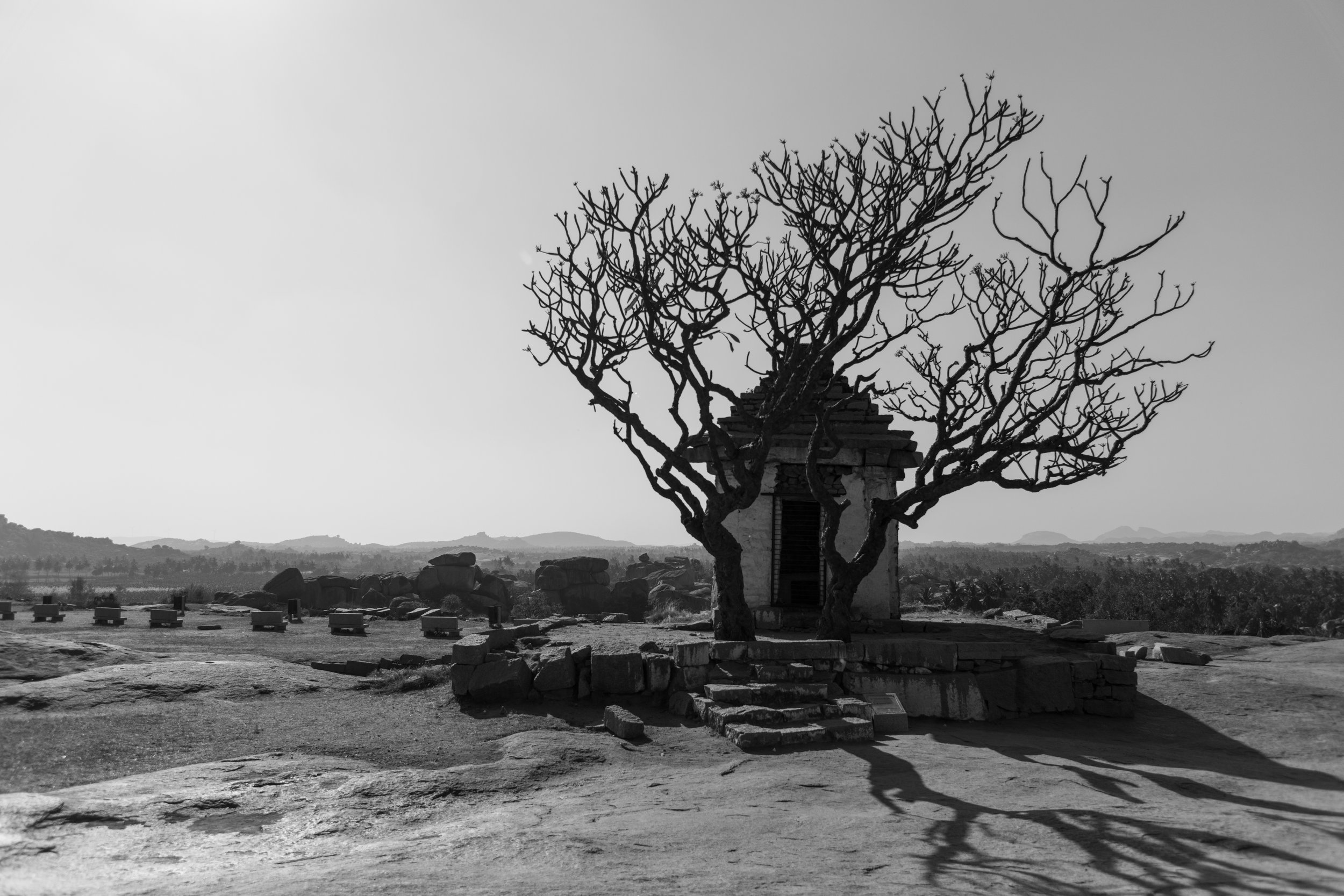A compelling statue of Abbe Faria has been standing in the middle of a public square in Panjim, for 75 years, depicting him hypnotizing a woman. At a liminal place, between the current Panjim city and the history of Goa, with a forgotten legacy.
Abbe Faria
(31 May 1756 – 20 September 1819)
was a Goan Catholic priest and one of the pioneers in the scientific study of hypnotism. Born José Custódio de Faria in Candolim, Bardez, Goa, he moved to Lisbon with his father in 1771.
Convincing the King of Portugal to support his studies, he went to Rome to pursue the priesthood, earning a doctorate and another degree focused on the Holy Spirit.
Faria departed from the then-popular theory of "magnetic fluid" in hypnotism, emphasizing instead the power of suggestion and the concept of autosuggestion. He demonstrated that what he termed "nervous sleep" was a natural state, laying the groundwork for modern hypnotism.
Faria’s impact extended beyond his scientific work; he also inspired the character Abbé Faria in Alexandre Dumas' 1844 novel "The Count of Monte Cristo." In the novel, the character is an imprisoned priest who teaches the protagonist various skills, reflecting Faria's real-life intellectual legacy.
Interestingly, the statue's location across from the gaudy casino boats on the Mandovi River offers a striking contrast. This juxtaposition encourages tourists to consider Goa beyond its party image, appreciating its rich history and Panjim’s historic urban fabric. The statue is hard to miss for those living in Goa or driving into Panjim, forgotten but in plain sight.











